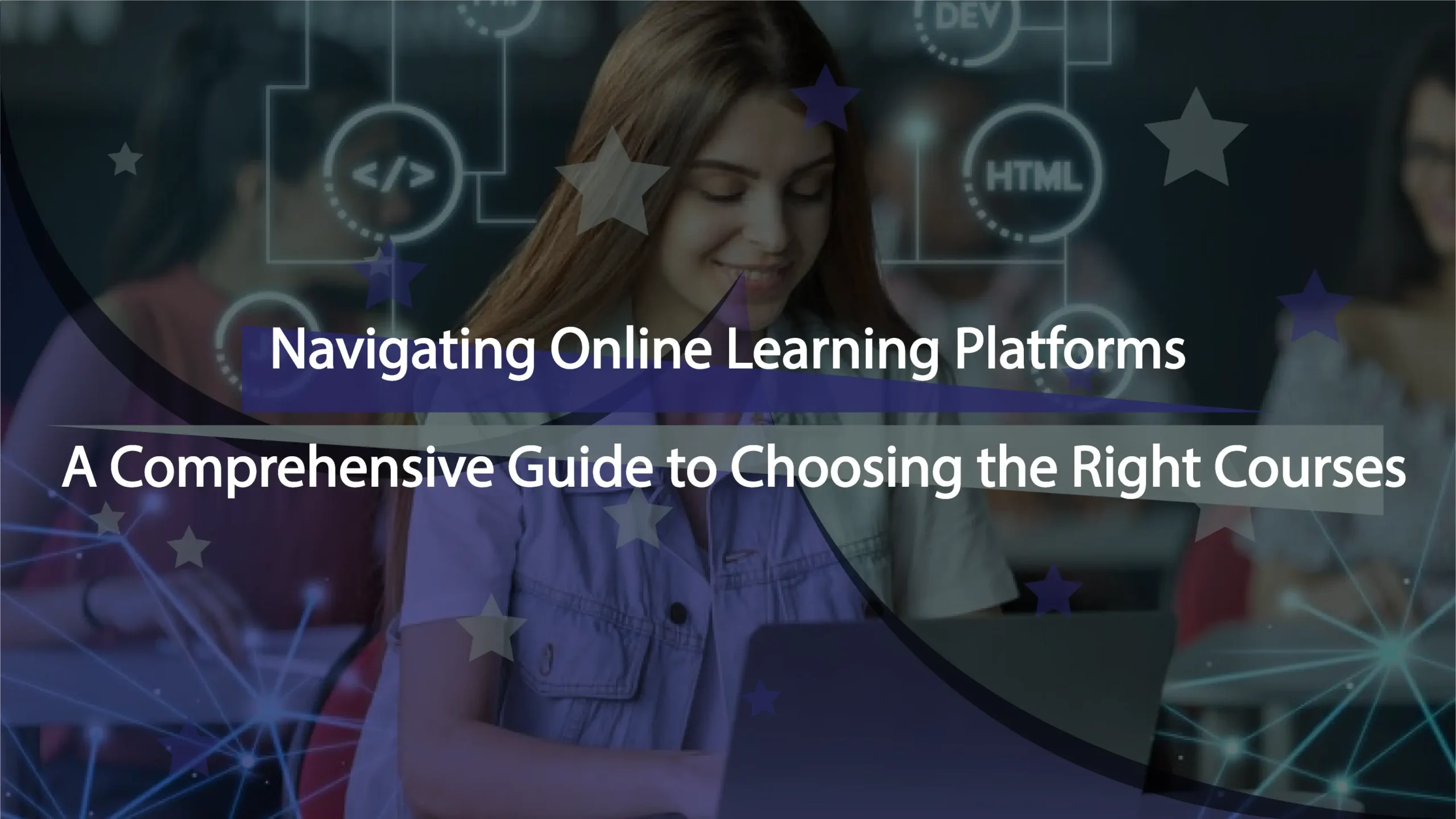
Navigating Online Learning Platforms: A Comprehensive Guide to Choosing the Right Courses
In the rapidly evolving landscape of professional development, online learning platforms have emerged as invaluable resources for individuals seeking to enhance their skills and stay competitive in their respective fields. However, with a plethora of options available, choosing the right courses can be a daunting task. In this guide, we’ll explore the key considerations to help you make informed decisions and embark on a successful learning journey.
-
Identifying Your Learning Objectives:
Before diving into the vast ocean of online courses, take a moment to identify your specific learning objectives. What skills do you want to acquire or enhance? Are you looking for courses that align with your current job or ones that will help you transition to a new career? Understanding your goals will guide you in selecting courses that truly meet your needs.
-
Assessing Course Content and Structure:
The effectiveness of an online course largely depends on its content and structure. Look for courses that offer a well-organized curriculum, covering the essential topics you wish to learn. Review the course syllabus, module descriptions, and any available previews to ensure they align with your expectations.
-
Checking Instructor Credentials:
A knowledgeable and experienced instructor can significantly impact the quality of a course. Research the credentials of the instructors offering the courses you are interested in. Look for professionals with relevant industry experience, academic qualifications, or a proven track record in the subject matter.
-
Reading Reviews and Testimonials:
Gain insights from others who have taken the courses you’re considering. Read reviews and testimonials from fellow learners to understand their experiences. Pay attention to feedback regarding course content, instructor engagement, and overall satisfaction. Platforms often provide a space for users to share their thoughts, providing valuable information for your decision-making process.
-
Evaluating Certification and Accreditation:
For courses intended to boost your professional credentials, it’s essential to verify whether the platform provides recognized certifications or accreditations upon course completion. This ensures that your efforts translate into tangible recognition and value in the job market.
-
Considering Learning Formats:
Different people have different learning preferences. Evaluate the learning formats offered by the platform – whether it’s video lectures, interactive quizzes, hands-on projects, or a combination of these. Choose a format that aligns with your learning style to optimize your educational experience.
-
Exploring Additional Resources and Support:
A robust learning experience often involves access to supplementary resources and support. Check if the platform offers additional materials, forums for discussions, or opportunities for networking with peers. Having access to a supportive community can enhance your overall learning journey.
-
Comparing Costs and Financial Options:
While online learning offers flexibility, it’s essential to consider the financial aspect. Compare the costs of courses on different platforms and explore any available financial aid or installment options. Factor in your budget and the potential return on investment in terms of career advancement.
By carefully considering these aspects, you can navigate the vast array of online learning platforms with confidence, ensuring that the courses you choose to align with your career goals and contribute meaningfully to your professional development. Remember, investing in your education is an investment in your future success. Choose wisely, and embark on a journey of continuous learning and growth.
